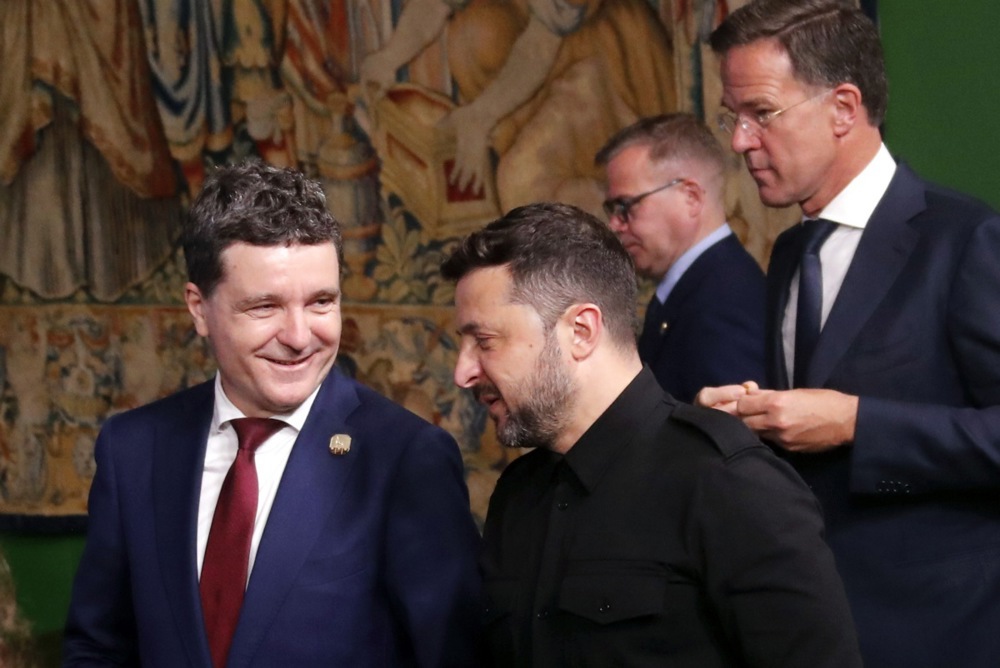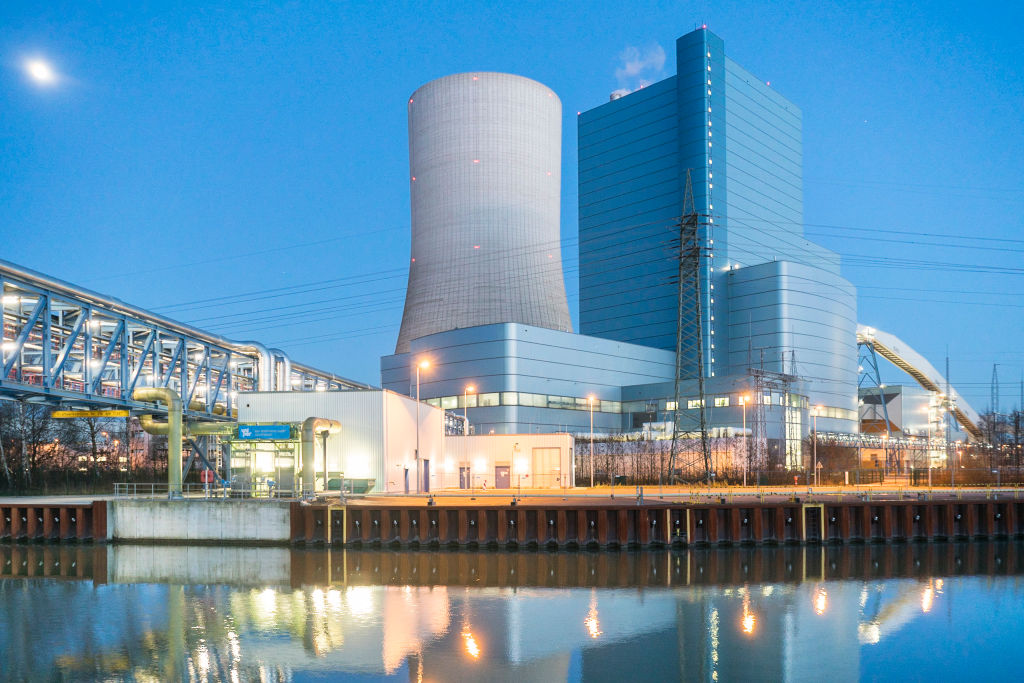Europe’s defence capacities and its planned improvements were not enough to scare away its armed adversaries, military experts warned.
European defence Commissioner Andrius Kubilius stressed that times had fundamentally changed for the European Union.
At the European Defence Summit on June 10, a host of military experts addressed the many challenges Europe was facing, ranging from rebuilding its shrunken armies and rebalancing its relations with the US and within NATO.
“We need to put aside our peacetime glasses”, Kubilius said.
“We must be ready for defence, in all the different domains: In industrial capacity, in readiness of public finances to pay for what is needed, and there should be no obstacles for cooperation between the EU and NATO.”
Kubilius highlighted the need for European investments to focus on joint procurement, pooling resources and combining markets and reducing dependencies from abroad.
“If we want peace in Europe, we need to be ready to be independent,” he said.
Kubilius called peace in Europe “our strategic responsibility” and said it was impossible to achieve without independent defence readiness.
He noted an increased aggressiveness from Russia and a “forthcoming American withdrawal from Europe”, as the US was changing its focus towards the East and the Pacific.
Kubilius noted that, at the moment, European deterrence was not sufficient.
He referred to a European White Paper on Defence and the ReArm Europe plan as a guideline for the industry to reach European defence readiness by 203o. He also emphasised the need for drones and satellites, products that featured military and civilian dual use, such as intelligence and navigation.
Kubilius further expanded on the need for “space readiness”, including missiles and satellites.
“Space is a new frontier. Materially and politically, we need to be in space,” he said.
As a final issue, the Commissioner noted that infrastructure needed to be adjusted to serve the military adequately.
Roads, bridges and tunnels all needed to be adjusted where needed for heavy equipment, such as artillery and tanks, to be easily moved to places where they were needed.
Other speakers at the summit had similar warnings and said the EU needed to help, as European defence capacity, technology and products existed but companies needed orders and less fragmentation. They needed a long-term perspective to invest and produce the required capabilities.
Many also urged the EU to cut red tape, administrative burdens and its regulatory thrift.
Commissioner @KubiliusA delivers the keynote opening speech at the 2025 European Defence & Security Summit #EDSS2025 pic.twitter.com/vEEIBJll25
— Camille Grand (@camille_grand) June 10, 2025
At the summit, Rear Admiral Ignacio Cuartero Lorenzo, the Director for “Concepts & Capabilities”, warned that creating new strategies and working on proposition papers would not deter hostile armies.
He said Europe’s proposed measures were “not enough to deter”.
According to Lorenzo: “Strong resolve and overwhelming force” were required to fend off enemies.
“Facta, non verba” (“Deeds, not words”), he added.
Lorenzo went on to say that most attention was going to defensive capacities but offensive capacities were also required.
“We are working on a shield, but we need a sword,” he said.
It was stressed that European countries needed to transform money into capabilities and that member states needed to take responsibility to be ready by 2030.





